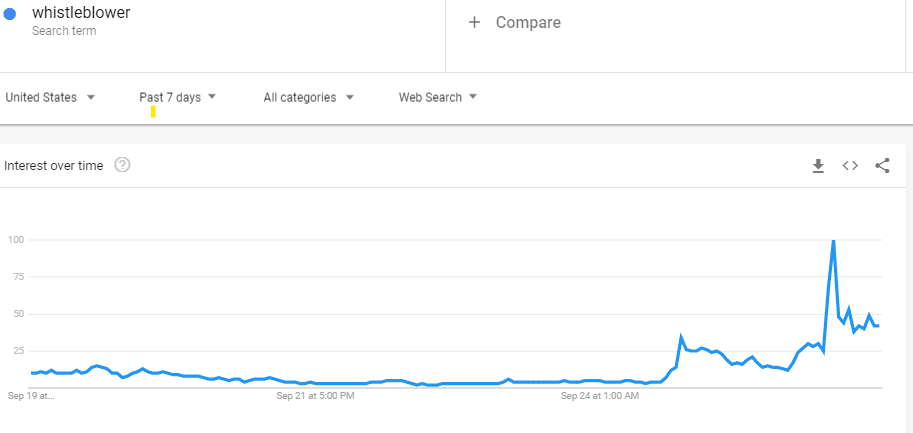A bill strengthening anti-retaliation protections for wildlife whistleblowers made it out of the Senate Foreign Relations Committee Wednesday, marking another move to improve protections for insiders who expose wrongdoing.
The Rescuing Animals with Rewards (RAWR) Act improves the reach and rewards for wildlife whistleblower programs. In addition, it adds anti-retaliation protections to current wildlife whistleblower laws like the Endangered Species Act and Fish and Wildlife Improvement Act.
The National Whistleblower Center, which runs a wildlife whistleblower program, supports the act. “The RAWR Act would be a critical addition to the current legal framework. Whistleblower rewards are proven to work. When offered by the State Department for assistance with law enforcement actions worldwide, and in conjunction with protections against retaliation, the Act will offer a powerful tool in combating illegal wildlife trafficking.”
At the same time, the explosive intelligence community whistleblower case has put the topic on the top of the national agenda.
Here’s some of the latest in this constantly developing story.
- David Colapinto, general counsel of the National Whistleblower Center, spoke about the disputed intelligence community case on NPR.
If you work in the intelligence community you must bring your concern to the inspector general before you can go to Congress,” he says. But an employee at Department of Housing and Urban Development, for example, “can go right to [their] member of Congress or the committee that has jurisdiction over housing,” and report their concerns. “Those are two major differences, as we’re seeing play out.
- Money manager and former whistleblower Ed Siedle warns in Forbes:
Whistleblowers should be scared…When whistleblowers put their lives on the line to help enforce the law, they deserve to be treated fairly. If we want whistleblowers to come forward, the risk that the federal government will change, or ignore, the rules must be eliminated.
- A piece in Roll Call makes a similar point:
Whoever blew the whistle about what President Donald Trump told the leader of Ukraine in a July phone call did so in the legally correct way, yet the allegation has been impeded and the intelligence official’s character and motivations publicly impugned by the president himself.
- A Vox podcast has an hour-long interview with lawyer and former State Department official John Tye, who worked with the MIT Media Lab whistle blower. His non-profit, Whistleblower Aid, is also involved in the Ukraine case. A story on Fox News notes that the group has a GoFundMe site to raise money to help with “the intelligence office whistleblower.” The site raised nearly $50,000 in 16 hours.
